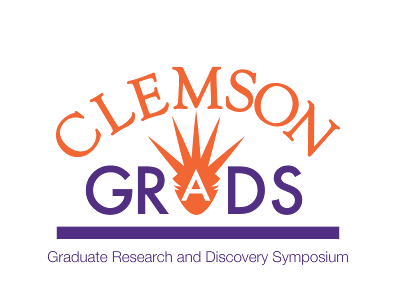Graduate Research and Discovery Symposium (GRADS)
Advisor
Paul Russell
Document Type
Poster
Department
Architecture
Publication Date
Spring 2013
Abstract
Our ability to produce food in a sustainable, healthy and humane manner is threatened, both in the United States and on the global scale. This difficulty is exacerbated by expected population growth, creating a need for 60% more food worldwide by 2050 to feed a population of 9.3 billion. How we produce food affects local economies, the cultural vitality of communities, and the health of regional ecosystems. Industrial or conventional agriculture is damaging all three of these systems by draining local economies through corporate business practices, isolating farmers and attributing to rural population losses, while depleting natural resources and polluting the environment. Additionally, the healthy agricultural lands that remain around cities are being developed at alarming rates in relation to population growth. In response to these threats, as well as inequities in global food supply and distribution, this study is concerned with how family farms that practice sustainable agriculture approach self-sufficiency within their local communities. Through case studies of nine southeastern family farms, this study address self-sufficiency from the perspectives of scale, practices, proximity, access, relationship, and engagement. Results of the study help to form design strategies that sustain workings lands through conservation, production and education.
Recommended Citation
Lloyd, Katherine, "Cultivating America's working lands: a study of the sociocultural value of family farms" (2013). Graduate Research and Discovery Symposium (GRADS). 11.
https://tigerprints.clemson.edu/grads_symposium/11


